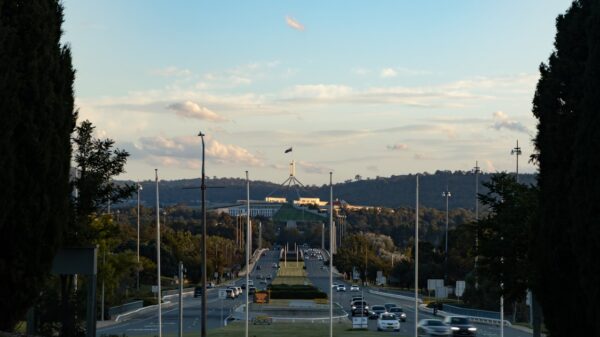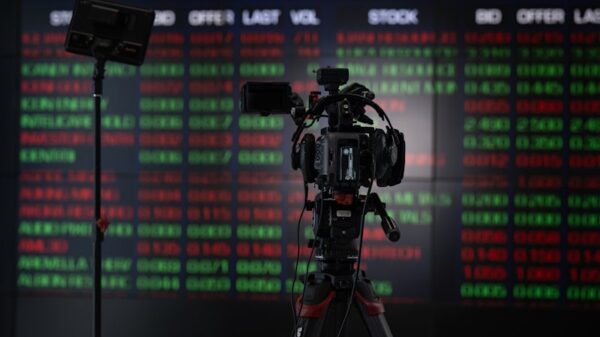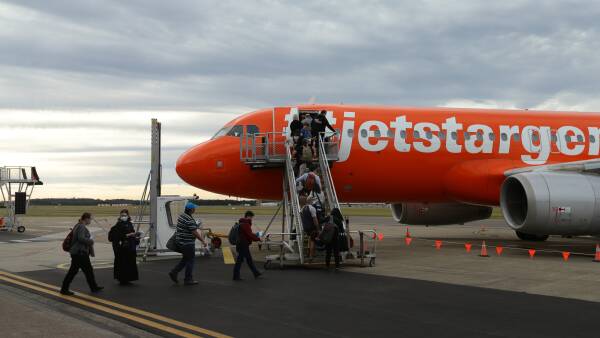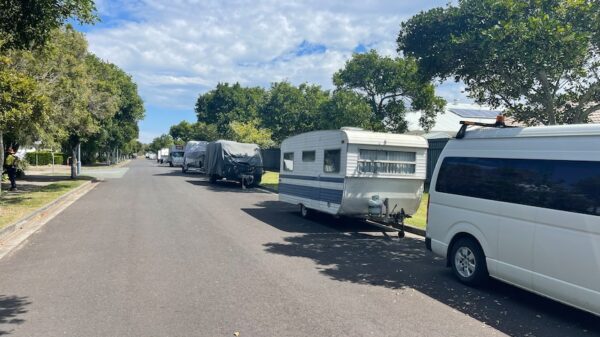The concept of the “Australian way” is gaining renewed attention, particularly in light of recent political developments, including the reelection of former US President Donald Trump. In his book, We Should Be So Lucky, subtitled “Why the Australian Way Works,” author Andrew Low explores the factors contributing to Australia’s success and how they can inform other nations.
Published by Prospect Editions in London and distributed in Australia by Black Inc., Low aims to enlighten primarily British and American audiences about Australia. The country boasts the second-highest median wealth globally, behind only Luxembourg, and a life expectancy that outstrips both the United States and the United Kingdom. Australia also features a highly regarded healthcare system, blending public and private sectors to achieve both effectiveness and equity.
Low’s narrative draws inspiration from Donald Horne’s 1964 work, The Lucky Country, but takes a more optimistic perspective. He positions Australia as a functioning liberal democracy, highlighting its strong political institutions shaped by compulsory voting and an independent electoral system. Yet, despite his upbeat tone, Low does not delve deeply into the political underpinnings that define Australian democracy.
In his exploration, Low, a former investment banker and advocate for globalization, attributes Australia’s successful institutions to a vague form of British liberalism. However, he overlooks the fact that the progressive ideals that shaped the nation were born from a rejection of British class hierarchies. The founders of the Commonwealth sought to establish a society that emphasized egalitarianism, social justice, and collective welfare.
Progressive Foundations and Economic Inequality
Australia’s progressive reforms, including universal suffrage and compulsory voting, were championed by figures such as Alfred Deakin and various activists. These innovations were not simply borrowed from British values but represented a conscious effort to create a distinct national identity. Low’s perspective, which tends to gloss over this historical context, may lead to a misunderstanding of the nation’s foundational ideals.
Low identifies the 1980s and 1990s as a golden era for Australia, marked by significant economic growth. Yet, these years also saw the rise of privatization and increasing economic inequality. According to a recent report by the Australian Council of Social Service and the University of New South Wales, the wealthiest one-fifth of Australian households now control two-thirds of the nation’s wealth. This disparity raises critical questions about the state of Australian society and the “Australian way.”
The author points to declining educational standards as a current challenge. However, he does not fully acknowledge how the privatization of education has contributed to deepening class divides. The introduction of high tuition fees for arts degrees and reduced government funding for universities has made higher education less accessible for many young Australians.
The issue of intergenerational wealth disparity is also significant. Younger Australians are increasingly burdened by taxes while struggling to enter the housing market, especially compared to their wealthier baby-boomer counterparts. This trend suggests a widening gap between social classes, complicating the notion of opportunity that Low advocates for.
Missed Opportunities for Critical Analysis
While Andrew Low presents a positive portrayal of Australia, his analysis misses a chance to critically assess the neoliberal policies that have reshaped the nation. The focus on individualism and market-driven values stands in contrast to the country’s founding ideals of common good and social justice. As Australians reflect on their identity and values, Low’s work raises essential questions about the future of the “Australian way.”
The discussion surrounding the “Australian way” is increasingly relevant as the nation navigates contemporary challenges. As Low’s book suggests, understanding the historical context and evolving dynamics of Australian society is crucial for both Australians and international observers alike.
Marilyn Lake, a respected academic, does not have affiliations with any organizations that would benefit from this article, ensuring an impartial examination of the themes presented in We Should Be So Lucky.





























































